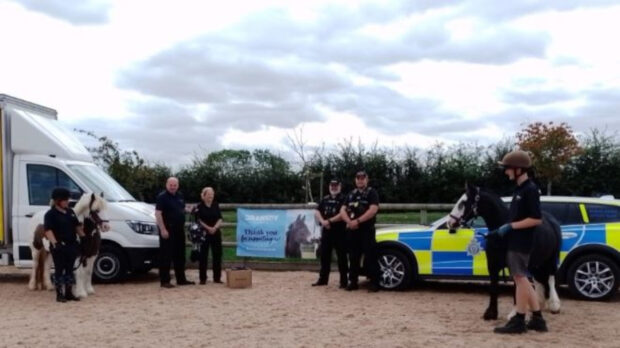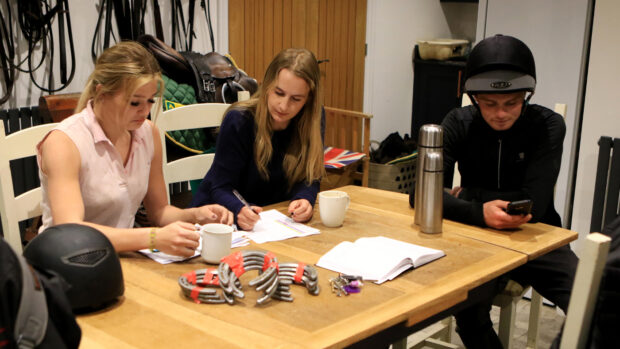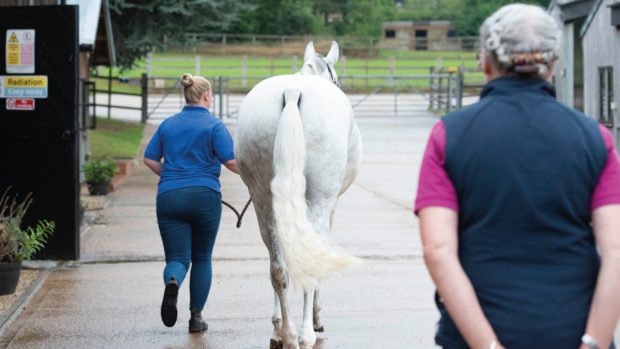Horses involved in accidents and emergencies will soon get prompt, experienced care thanks to an initiative started by Horse & Hound and the British Horse Society (BHS).
“This is one of the most important pieces of welfare work in years and we are extremely pleased to have been associated with it,” said Professor Josh Slater, president of the British Equine Veterinary Association (BEVA), which has also been pivotal to the initiative. “There is tremendous goodwill to make it happen.”
In February 2006, H&H highlighted the unnecessary suffering of horses caught in emergency situations, and a worrying variation in the way police and firemen handle 999 calls involving equines.
At the time, BHS chief executive Graham Cory vowed to produce guidelines to help the emergency services deal with such incidents for the welfare of the horse.
Now, those guidelines are near completion, and the BHS and BEVA have set up a fund to pay for emergency treatment.
“The guidelines are with BEVA for a final read, and then they will go to the International League for the Protection of Horses (ILPH) and RSPCA,” Mark Weston, BHS director of access, safety and welfare told H&H. “They will be launched by the Princess Royal at Buckingham Palace in May, then be disseminated through the police and fire and rescue services and distributed to each force.”
The emergency guidelines are the result of a year’s work by the BHS, BEVA, ILPH, the Horse Trust, the RSPCA, Association of Chief Police Officers and the Chief Fire Officers Association.
They range from how a 999 call should be dealt with by the emergency services’ control room to advice on dealing with loose and injured horses, stable fires and horses stuck in cattle grids and water. They cover ways to identify horses and list the basic large animal rescue equipment emergency services should carry.
Every emergency call centre in the UK will be equipped with a list of equine vets who can be called to an accident. This has been provided by BEVA and is backed up by the fund, launched with the BHS, to cover emergency treatment of any horse whose owner cannot immediately be traced.
“It’s giving vets one less thing to think about. You can imagine the scene: 3am on the M25, some horses have escaped on to the road, and been involved in an accident, but no one can find the owners,” said Prof Slater. “We want to make sure the treatment of those horses that are seriously injured will not be compromised by questions over who is likely to pay for their immediate care.”
BEVA has donated £1,000 and will administrate the fund for free, and the BHS has donated £6,000.
“But we welcome donations from the public because this benefits everybody — car drivers, vets, horse owners, the emergency services and, most importantly, the horse,” said BEVA executive secretary Arabella Mitchell. “There’s so much goodwill for this that we hope to raise more money than we need, to go towards training the emergency services.”
Read this news story in full in Horse & Hound (5 April, ’07)




